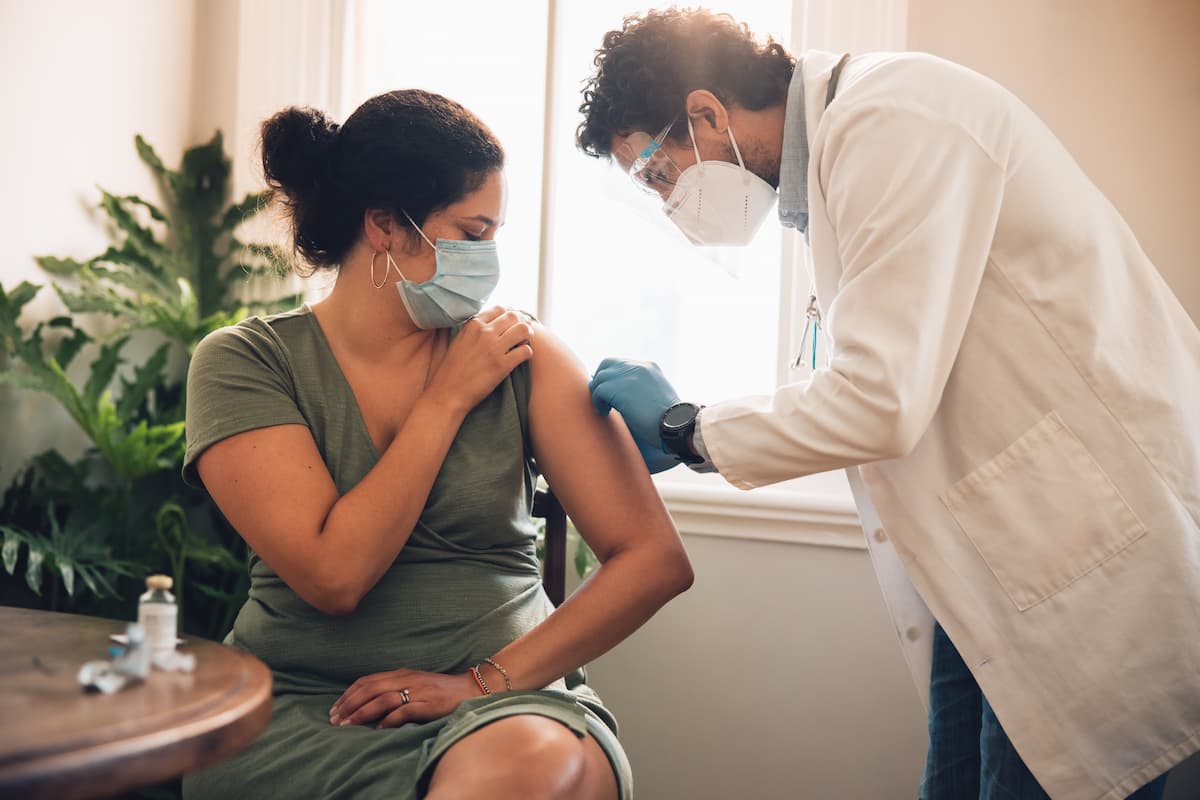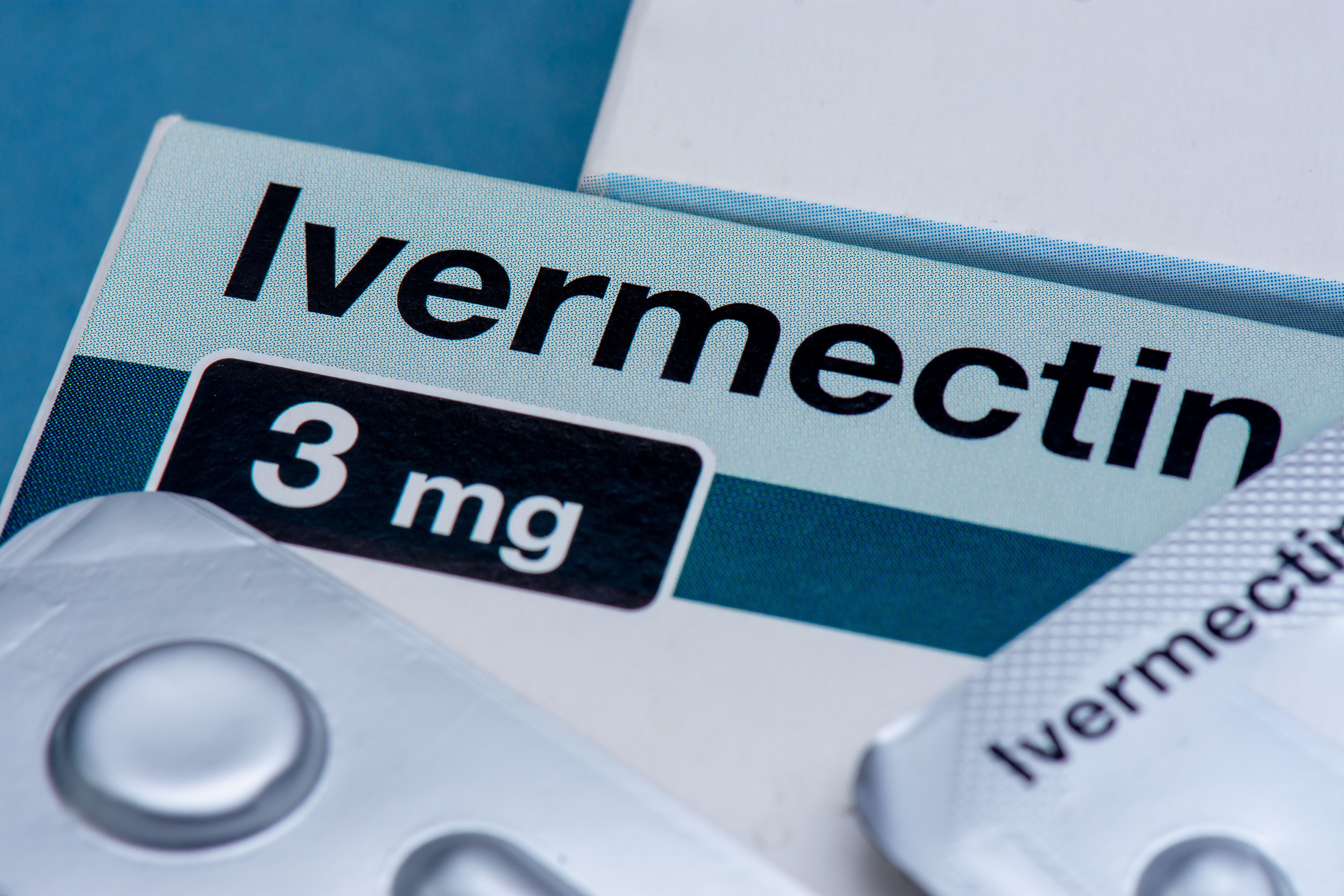Article
GPhA 2014 Priorities Will Preserve and Foster Patient Access to Generic Medicines
PRESS RELEASE
WASHINGTON, DC (February 3, 2014) — The Generic Pharmaceutical Association (GPhA) has identified its key priorities for 2014, a year with significant opportunities to continue providing safe, affordable medicines of the highest quality that bring savings to patients and the health care system that will build on the many industry successes achieved in 2013.
“Generic pharmaceuticals play a critical role in any strategy to hold down health costs,” said Ralph G. Neas, President and CEO of GPhA. “As we approach the 30th anniversary of Hatch-Waxman, it is especially important that we preserve and strengthen its legacy by ensuring unimpeded patient access to affordable generic medicines. We will continue to work with policymakers to ensure any proposed laws and regulations do not undo the framework responsible for decades of more affordable generics and trillions of dollars in savings.”
“2013 was a year of milestone achievements,” said Neas “Generic utilization hit an all-time high as 84 percent of prescriptions dispensed are now generic. Efforts to promote generic competition are continuing to bear fruit. Congress passed the Drug Quality and Security Act to establish a nationwide, reliable system for tracking prescription medicine that further safeguards our nation’s prescription drug supply and protects patients. The law also enhances the ability of regulators to limit risks posed by counterfeit or adulterated products and reassures patients that the generic medicines they receive are secure from the manufacturer all the way to the pharmacy.”
In the states, legislation that would hinder access to biosimilars and interchangeable biosimilars was introduced in 19 states in 2013, blocked in 11, enacted with significant amendments in three states, and enacted with Amgen and Genentech-backed provisions intact in only one state (North Dakota).
Also in 2013, the Supreme Court reaffirmed the constitutionality of patent settlements with consideration and preserved the unprecedented success of the current path for getting generics quickly to patients and consumers.
Last year’s accomplishments establish a strong platform for GPhA’s 2014 priorities.
Labeling and Patient Safety. Our top priority is to protect patient safety and access to affordable medicines by working with stakeholders to ensure that the FDA’s proposed rule on prescription drug labeling reflects sound policy, rather than politics. GPhA opposes the FDA proposed rule that would alter the requirements for labels on generic medicines, undermining the essential “sameness” of the label between generic and brand drugs mandated by law. It is difficult to overstate the confusion that would be created among health care professionals and consumers when multiple versions of critical safety labeling information makes its way to the marketplace under this rule, endangering patients.
Further, the rule as drafted would lead to billions of dollars in cost increases for government and private payors, and could result in fewer generic drugs coming to market, manufacturers withdrawing from certain markets, drug shortages, the undermining of consumer confidence in affordable generic medicines, and increased drug spending − all contrary to the basic purposes of Hatch-Waxman.
Biosimilars Access. Biosimilars are the future of medicine and GPhA forcefully opposes any efforts that could hinder timely access to biosimilars and interchangeable biosimilars at the state, federal and international levels. We will fight against any provisions creating roadblocks to patient access such as limits on substitution, added paperwork for prescribers and pharmacists, or unnecessary mandates for notifying physicians that extend beyond current practice. While there is no ‘one-size-fits-all’ model for states, one can look to the bill enacted in Florida, which sought to create the same substitution model for biosimilars and interchangeable biosimilars as operates so successfully for generic drugs.
Affordability. We will continue to work in partnership with FDA as it works to meet the GDUFA goals to ensure that the successes achieved under Hatch Waxman during the last 30 years continue. Our population is aging and prescription spending continues to weigh on seniors and others, particularly those enrolled in Medicare and/or Medicaid. Generics are one of the few bright spots in the health cost story. Indeed, generics saved the U.S. health system $217 billion in 2012 and $1.2 trillion in the most recent decade, according to the fifth annual 2013 Generic Drug Savings in the U.S. report. Prompt approvals for first generics and prompt resolution of scientific issues are essential to continuation of the benefits reaped by patients and payors alike.
Quality. Informed by science, quality is a cornerstone of the generic industry. Consistent and diligent enforcement of FDA manufacturing standards, process and protocol for development and distribution is the mindset for all GPhA members. The association stands firmly in support of regulatory goals outlined in the Generic Drug User Fee Act (GDUFA), an effort 100 percent funded by industry dollars, and is seeking a permanent fix in order to avoid the sequestration of user fees.
GPhA is in constant communication with regulatory partners to ensure that products contain the same active ingredient and are manufactured to identical strength and dosage form as the branded counterpart. Generic drugs also have the same indications of use, dosing and labeling, and provide the same quality, potency, efficacy and safety profile to patients as the brand medicines. These criteria ensure that the generic and the brand have “no clinically meaningful difference and can be safely substituted for each other.”
REMS. Looking forward, GPhA and its member companies are eager to work with the FDA to clarify guidance on distribution of drugs subject to risk evaluation and mitigation strategies (REMS) with ETASU (elements to assure safe use). Barriers to fair and timely generic drug competition must be addressed, but the current law does not go far enough.
Other Key Priorities. GPhA also will build on last year’s work with Congress, the U.S. Trade Representative and others involved with international trade negotiations such as the Trans Pacific Partnership (TPP). These agreements will be integral in efforts to open access to global markets and preserve the balance between promoting innovation and competition. The association will continue to ensure that barriers to entry for generic products in TPP countries are limited, including mandates of patent term extensions, patent linkage and exclusivity.
GPhA will be continuing its efforts this year to push for the release and the finalization of the proposed rule to allow for the electronic distribution of prescription information, known as electronic labeling. Under an e-labeling system, prescribers would have immediate access to the most current prescribing information, prescribing errors could be reduced and significant waste would be reduced when millions of pounds of unused outdated paper labels would no longer be disposed each year.
And, we will continue our support of policies that enhance generics utilization such as encouraging the use of generics for the Medicare Low Income Subsidy (LIS) population, and fighting state carve-outs that block generic access.
In 2014 and beyond, GPhA will champion those programs and policies that make savings possible and provide the headroom for innovation in the pharmaceutical sector. Generic manufacturers can proudly point to a legacy of savings and access that will continue to bring expensive treatments within reach for millions of people.
Like any association that operates by consensus, GPhA sometimes has individual member companies who have a different perspective on individual issues.
Newsletter
Stay informed on drug updates, treatment guidelines, and pharmacy practice trends—subscribe to Pharmacy Times for weekly clinical insights.

FDA Grants Full Approval to mRNA-1273 COVID-19 Vaccine in Children At Increased Risk




